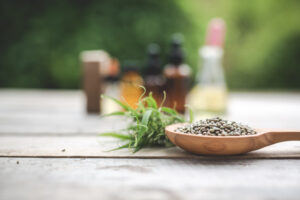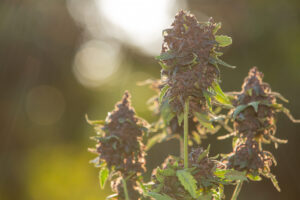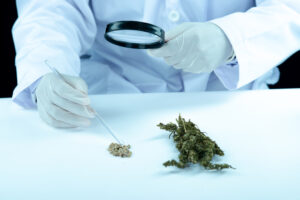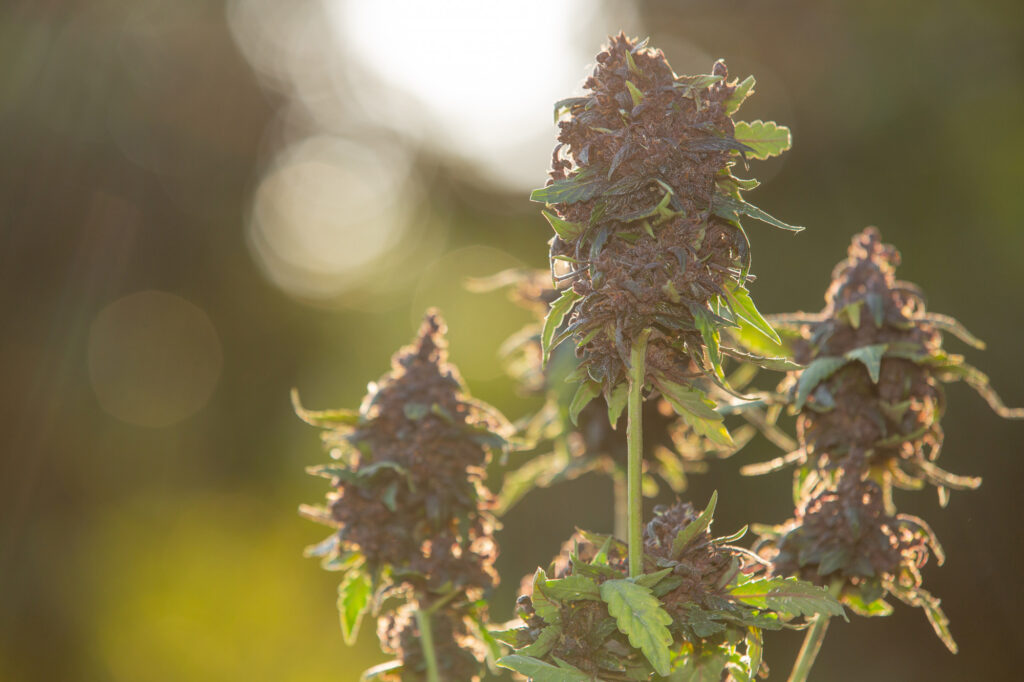
THCA flower is a non-psychoactive cannabis compound found in raw cannabis plants, gaining popularity for its potential therapeutic benefits. Unlike THC, which is well-known for its psychoactive effects, THCA remains inactive until exposed to heat. This distinction lies in their chemical structure—THCA contains a carboxyl group that prevents it from binding to receptors responsible for intoxication.
As interest in natural wellness solutions grows, THCA flower is being embraced for its anti-inflammatory, neuroprotective, and non-intoxicating properties. Understanding the differences between THCA and THC is key to exploring their unique applications and effects.
What Is THCA Flower?
THCA (Tetrahydrocannabinolic Acid) is a natural compound found in raw cannabis plants, acting as the precursor to THC, the well-known psychoactive compound. In its raw form, THCA is non-psychoactive, meaning it doesn’t cause the “high” associated with cannabis. However, when exposed to heat through a process called decarboxylation (such as during smoking or vaping), THCA converts into THC. This chemical transformation unlocks THC’s psychoactive effects.
While THCA itself is not intoxicating, it offers potential health benefits, including anti-inflammatory, neuroprotective, and pain-relieving properties. Many users turn to THCA for its therapeutic effects without experiencing the mind-altering effects of THC.
What Is THC?
THC (Tetrahydrocannabinol) is the main psychoactive compound in cannabis that creates the “high” sensation. It works by interacting with the body’s endocannabinoid system, impacting brain regions responsible for pleasure, memory, and coordination. This interaction often leads to altered senses, mood changes, and impaired movement.
Medically, THC is used to address issues like chronic pain, insomnia, nausea, and low appetite, offering relief for various conditions. However, its psychoactive nature makes it unsuitable for everyone.
While beneficial, THC can pose risks, including dependency and cognitive issues with prolonged use. It’s vital to balance its advantages with potential side effects, consulting a healthcare professional for safe and effective use.
Key Differences Between THCA and THC
| Aspect | THCA | THC |
| Psychoactive Effects | Non-psychoactive in its raw form; does not produce a “high.” Ideal for those seeking therapeutic benefits without intoxication. | Psychoactive; responsible for the “high” associated with cannabis use. Preferred by individuals looking for recreational effects or specific medical benefits tied to its psychoactivity. |
| Chemical Structure | Contains an extra carboxyl group, making it a larger molecule; this structure prevents it from binding effectively to CB1 receptors in the brain, resulting in non-psychoactive properties. | Lacks the extra carboxyl group due to decarboxylation (removal of CO₂) when heated, allowing it to bind to CB1 receptors and produce psychoactive effects. |
| Health Benefits | Potential anti-inflammatory, neuroprotective, anti-emetic, and anti-proliferative properties; may aid in managing conditions like arthritis, neurodegenerative diseases, and nausea. | Used medically for pain relief, appetite stimulation, nausea reduction, and muscle spasticity; aids in conditions like chronic pain, chemotherapy-induced nausea, and multiple sclerosis. |
| Consumption Methods | Typically consumed raw (e.g., in juices or salads) to maintain non-psychoactive properties; can be used in tinctures or topical applications. | Consumed through smoking, vaping, edibles, tinctures, and capsules; heating cannabis products activates THC’s psychoactive effects. |
| Legal Status | Often legal in jurisdictions where raw cannabis is permitted, as it is non-psychoactive in its natural state. However, heating it to create THC can lead to legal issues. | Highly regulated in many regions due to its psychoactive nature. Legal in some areas for medicinal or recreational use, depending on the laws of the jurisdiction. |
| Side Effects | Minimal side effects when consumed in raw form, as it avoids the psychoactive effects of THC. Possible mild digestive issues or allergic reactions. | Can cause psychoactive-related side effects, including dizziness, anxiety, impaired memory, and altered judgment. Long-term use may lead to dependency or tolerance. |
Benefits of THCA Flower
THCA offers several potential health benefits, particularly when consumed in its raw, non-psychoactive form. Here’s a closer look at what it might do for you:
- Anti-Inflammatory Properties:
THCA has shown promise as a natural anti-inflammatory agent, making it useful for conditions like arthritis or muscle pain. Reducing inflammation may also help with chronic conditions that involve swelling and pain. - Pain Relief:
Though non-psychoactive, THCA can interact with the body’s endocannabinoid system to help manage pain. It’s especially beneficial for those looking for natural alternatives to over-the-counter medications. - Neuroprotective Benefits:
Early research suggests THCA may offer neuroprotective properties, potentially safeguarding the brain from degenerative conditions like Alzheimer’s and Parkinson’s disease. - No “High” Effects:
Unlike THC, THCA doesn’t produce a high in its raw form. This makes it ideal for individuals seeking therapeutic benefits without feeling intoxicated or impaired, perfect for daytime use.
As research continues to unfold, THCA is emerging as a promising, natural remedy for a range of health concerns. Always ensure you’re using high-quality products from the trusted THCA brands for the best results.
Why Choose THCA Over THC?
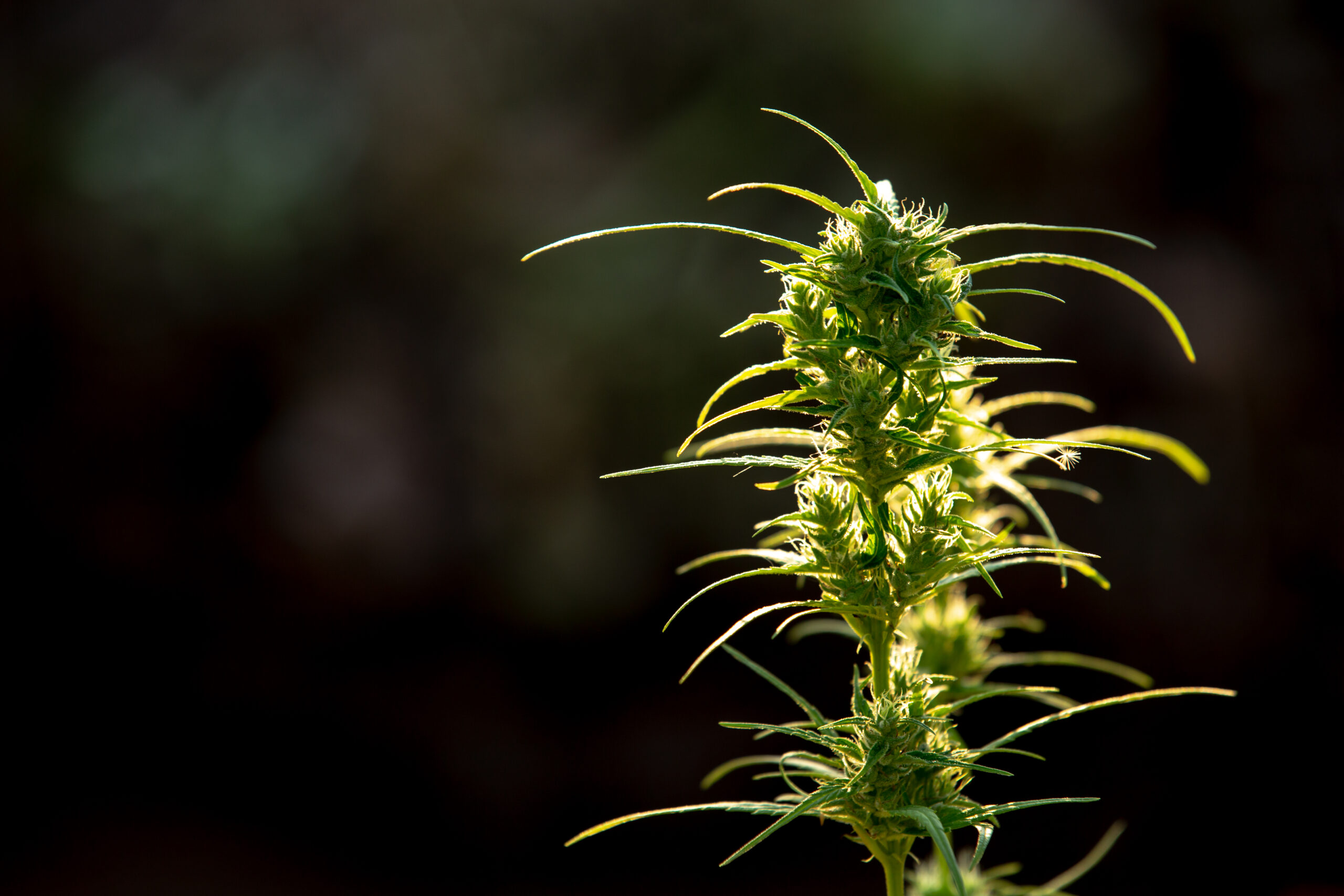
Opting for THCA over THC offers several advantages, especially for those seeking therapeutic benefits without the psychoactive effects. Here’s why you might consider choosing THCA:
- Therapeutic Use Without Intoxication
THCA is ideal for individuals seeking the health benefits of cannabis without experiencing a high. Unlike THC, THCA is non-psychoactive in its raw form, allowing you to enjoy potential therapeutic effects without altered mental states. - Versatility in Consumption
THCA flower can be consumed raw for non-intoxicating effects or activated through heating to deliver THC for psychoactive benefits. This versatility allows you to tailor your cannabis experience to your preferences and needs. - Legal Considerations
In areas where THC is restricted, THCA flower may be a more accessible option, provided it is not heated or processed. Since THCA is non-psychoactive in its raw form, it may be subject to less stringent regulations, offering a legal alternative for those seeking cannabis benefits.
By choosing THCA, you can potentially access the therapeutic benefits of cannabis while avoiding the psychoactive effects and legal complexities associated with THC.
How Is THCA Flower Used?
THCA flower is a versatile cannabis product known for its non-psychoactive properties and therapeutic potential. It can be consumed in various ways to suit different needs, ranging from raw consumption in smoothies and juices to decarboxylation for activating its psychoactive effects. Whether you’re seeking natural wellness benefits or preparing cannabis-infused products, THCA flower offers flexibility in use. Understanding its proper methods ensures you maximize its benefits safely and effectively for your specific goals.
1. Raw Consumption
THCA flower can be consumed raw for its nutritional and therapeutic benefits.
- Best practices: Grind and blend into smoothies or juice.
- Benefits: Retains all cannabinoids and terpenes without psychoactive effects.
2. Decarboxylation
Heating THCA flower activates THC, unlocking its psychoactive properties.
- Methods:
- Baking at 220°F (105°C) for 30-40 minutes.
- Smoking or vaping for immediate effects.
- Applications: Used in recipes for edibles or cannabis-infused oils.
3. Infusion into Oils
THCA flower can be infused into oils or butter for versatile use.
- Process: Use low, consistent heat during the infusion process to convert THCA into THC.
- Uses: Ideal for cooking and creating homemade edibles.
FAQs
- Does THCA flower get you high?
THCA flower in its raw form does not get you high. It is non-psychoactive until exposed to heat, which converts it into THC, the compound responsible for producing a psychoactive effect. To learn more about THCA and its effects, check out this detailed guide.
- Is THCA legal to purchase?
THCA is legal to purchase in many areas, particularly in its raw, non-psychoactive form. However, its legality varies by location, and heating it to convert into THC may affect its legal status. Always check local laws.
- Can THCA flower be used medicinally?
Yes, THCA flower may have medicinal benefits, including anti-inflammatory and neuroprotective properties. It’s often used for pain relief and inflammation, but it’s important to consult with a healthcare provider before use.
- Is it safe to use THCA flower daily?
Using THCA flower daily can be safe for some individuals, especially in its raw form. However, it’s important to start with small doses and consult a healthcare provider to ensure it aligns with your health needs.
- How can I use THCA flower for maximum effectiveness?
To get the best results from THCA flower, it’s important to know how to consume it. Since THCA is non-psychoactive in its raw form, you can use it for its therapeutic benefits like reducing inflammation without getting high. If you’re interested in learning the most effective ways to consume THCA flower, check out this guide on how to use THCA flower for maximum effectiveness.
Conclusion
THCA flower offers a unique option for cannabis users, providing therapeutic benefits without intoxication in its raw form. The key distinction between THCA and THC lies in psychoactivity, with THCA remaining non-psychoactive unless heated.
Whether you seek the medicinal properties of raw cannabis or the psychoactive effects of THC, understanding these differences allows you to make informed decisions about your cannabis use. Always check local regulations and consult a healthcare professional for personalized guidance.
